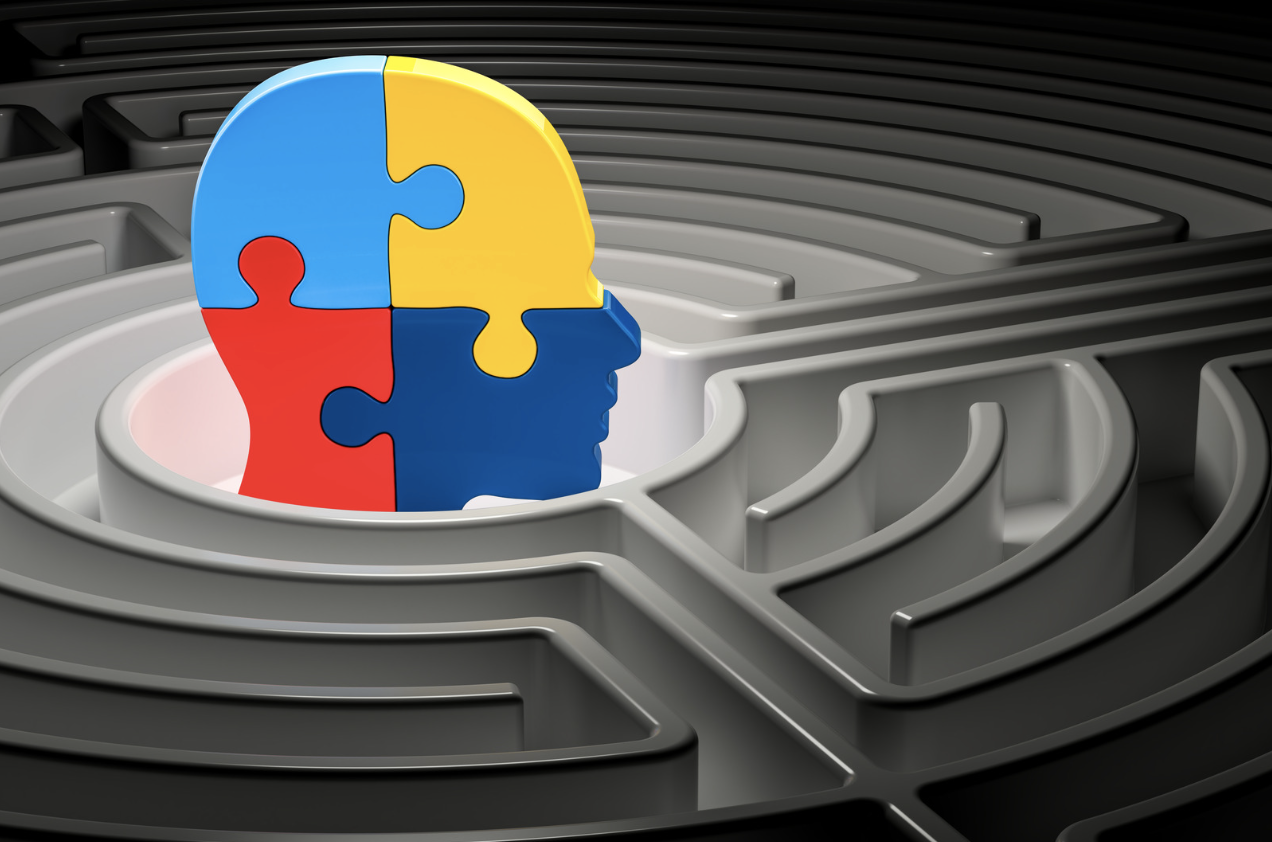
Attention-Deficit/Hyperactivity Disorder (ADHD) is a neurodevelopmental condition that affects millions of people worldwide. It is characterized by symptoms like inattention, hyperactivity, and impulsivity, which can significantly impact daily life. While medication is often prescribed to manage these symptoms, there are also non-pharmacological approaches that can be highly effective. Cognitive-Behavioral Therapy (CBT) is one such approach that has shown remarkable promise in helping individuals with ADHD better cope with their condition. In this blog post, we will explore how ADHD and CBT can be a powerful combination for managing symptoms and improving overall well-being.

Understanding ADHD:
Before delving into the role of CBT in managing ADHD, let's briefly discuss the nature of the disorder. ADHD is not just a childhood disorder; it can persist into adolescence and adulthood. Individuals with ADHD often struggle with:
- Inattention: Difficulty focusing on tasks, making careless mistakes, and forgetting daily responsibilities.
- Hyperactivity: Restlessness, fidgeting, and impulsivity that can lead to risky behavior.
- Impulsivity: Acting without thinking, interrupting others, and difficulty delaying gratification.
The Impact of ADHD:
ADHD can affect various aspects of life, including academic and occupational performance, relationships, and self-esteem. Managing ADHD effectively is crucial to minimize these negative impacts.

CBT and ADHD:
Cognitive-Behavioral Therapy (CBT) is a well-established therapeutic approach that focuses on identifying and modifying thought patterns and behaviors that contribute to emotional and behavioral issues. While CBT is commonly associated with mood disorders like depression and anxiety, it has also proven to be valuable for individuals with ADHD.
- Skill Building: CBT helps individuals with ADHD develop essential skills such as time management, organization, and impulse control. By teaching practical strategies, individuals can better manage their daily lives.
- Self-Awareness: CBT encourages self-awareness, helping individuals recognize their unique challenges and triggers related to ADHD. This self-awareness is crucial for making positive changes.
- Coping Strategies: CBT equips individuals with ADHD with coping strategies to manage impulsivity and emotional regulation. By learning how to control their responses, individuals can reduce impulsive behaviors.
- Goal Setting: CBT facilitates the setting of realistic and achievable goals, breaking them down into manageable steps. This approach can help individuals with ADHD overcome procrastination and improve task completion.
- Improved Self-Esteem: By addressing negative thought patterns and helping individuals challenge their self-critical beliefs, CBT can boost self-esteem and self-confidence in individuals with ADHD.

CBT and Medication:
CBT is often used in conjunction with medication for ADHD treatment. While medication can help manage symptoms, CBT offers valuable tools for building skills and coping with the emotional and psychological aspects of ADHD.
Conclusion:
ADHD can be a challenging condition to manage, but the combination of ADHD and CBT can be a powerful one. Through skill-building, self-awareness, and coping strategies, individuals with ADHD can learn to better manage their symptoms, enhance their daily lives, and improve their overall well-being. If you or someone you know is struggling with ADHD, consider exploring the benefits of Cognitive-Behavioral Therapy as part of a comprehensive treatment plan. It may be the key to unlocking a more manageable and fulfilling life with ADHD.



